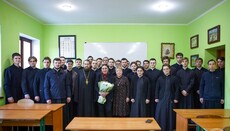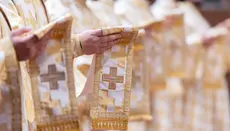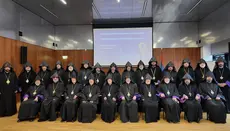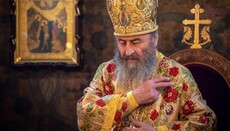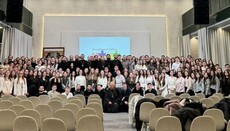UOC bishop: Seeking links to RF in ROC documents is legitimizing aggressor
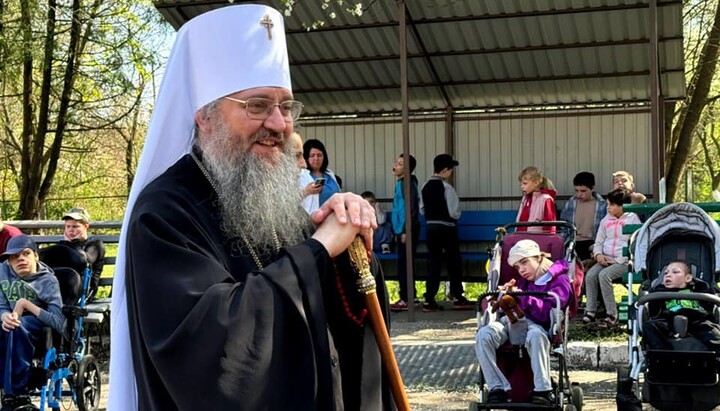
Metropolitan Clement emphasized that analyzing the UOC status based on Russian documents reveals problems not within the Church, but within the inspecting authorities.
Metropolitan Clement of Nizhyn and Pryluky, the spokesperson of the Ukrainian Orthodox Church (UOC), commented in an interview with Telegraf on the inspection launched by the State Ethnopolitics and Freedom of Conscience Service (DESS) into the Kyiv Metropolis of the UOC regarding alleged ties to the Russian Church.
Metropolitan Clement stated that looking for links between the UOC and the ROC in Russian documentation is the wrong approach. “If officials consider it acceptable to analyze the status of the UOC based on Russian legislation and Russian documents, then in my view, this points not to a problem within the UOC, but rather within the institutions choosing this methodology,” he emphasized.
According to the UOC spokesperson, such an approach effectively legitimizes what “both Ukrainian law and international organizations have recognized as criminal and terrorist.”
When asked whether the UOC is ready to comply with possible orders to sever ties with the ROC, Metropolitan Clement responded that it would first be necessary “to review what is actually written in those orders.”
“If we are asked to do something we are not guilty of, and something we have no relation to, then we certainly will not participate in absurd actions,” the hierarch stated.
He criticized the proposal by DESS head Viktor Yelensky, which called for official letters to be sent confirming withdrawal from the ROC Synod. “They’re demanding that we enter into official correspondence with a religious organization banned in Ukraine?” Clement inquired.
He reiterated that the UOC has repeatedly stated that Metropolitan Onuphry is not a member of the ROC Synod and that its bishops are not part of any ROC administrative bodies. “How many more times do we need to write this?” the hierarch said with evident frustration.
Earlier, the UOJ published an analysis explaining why UOC clergy should not follow DESS recommendations or write letters to Moscow.






